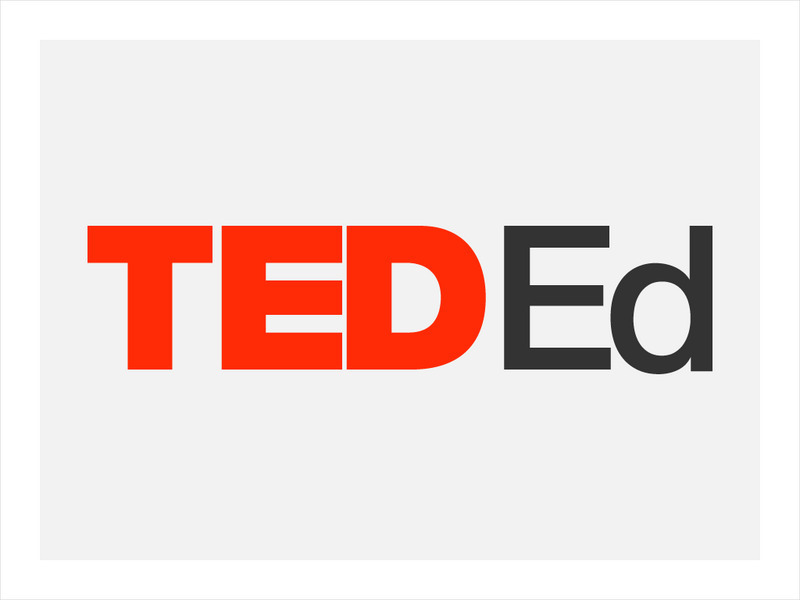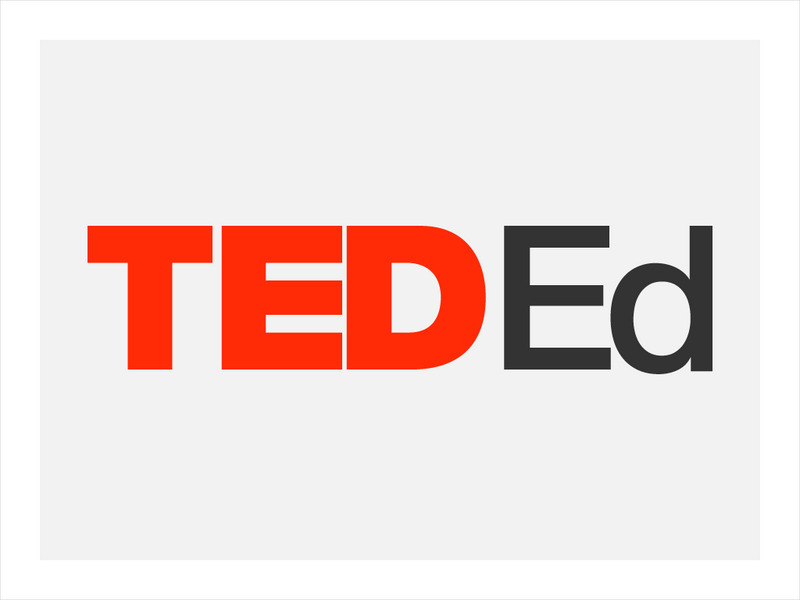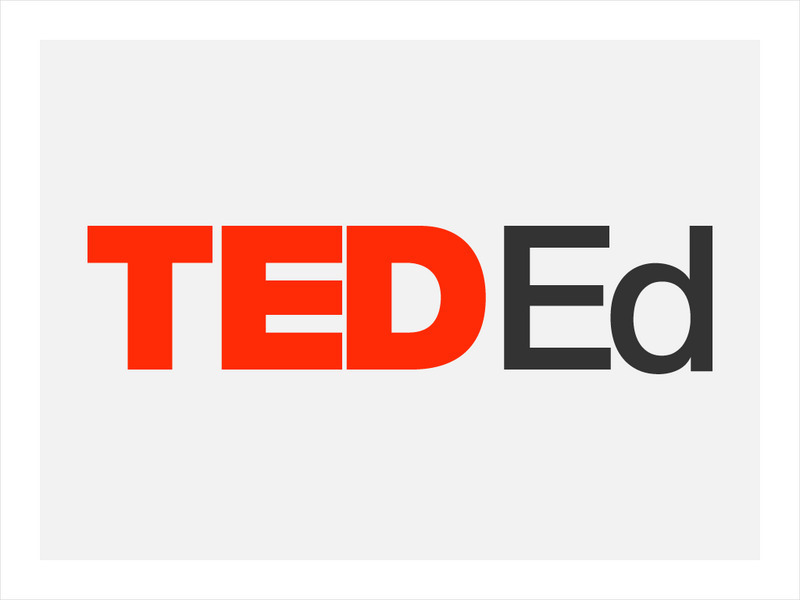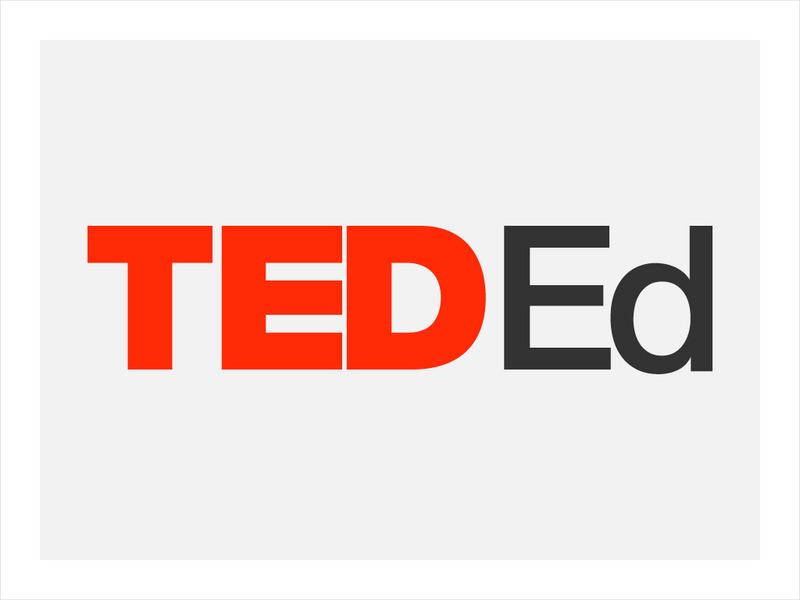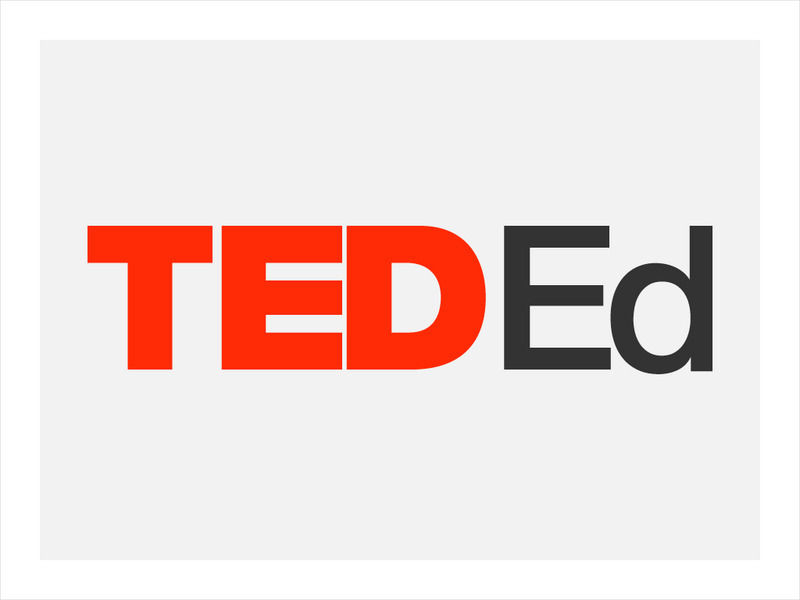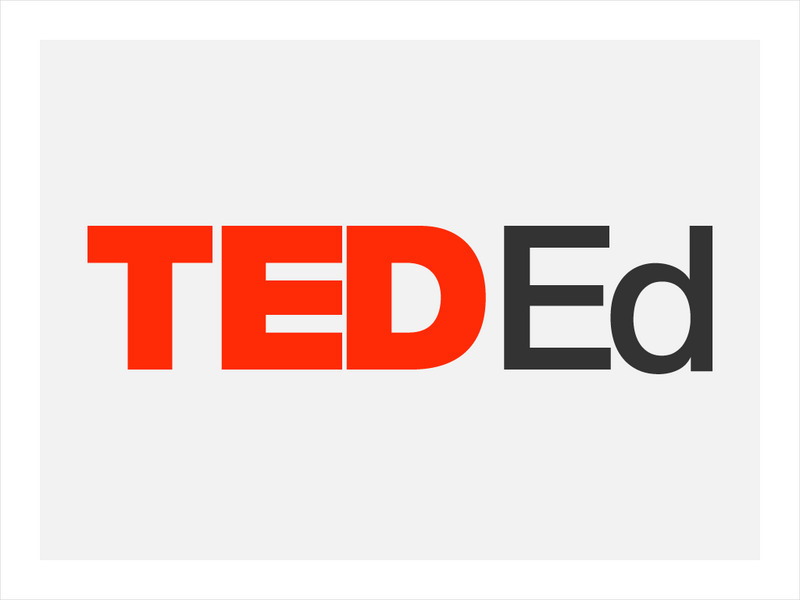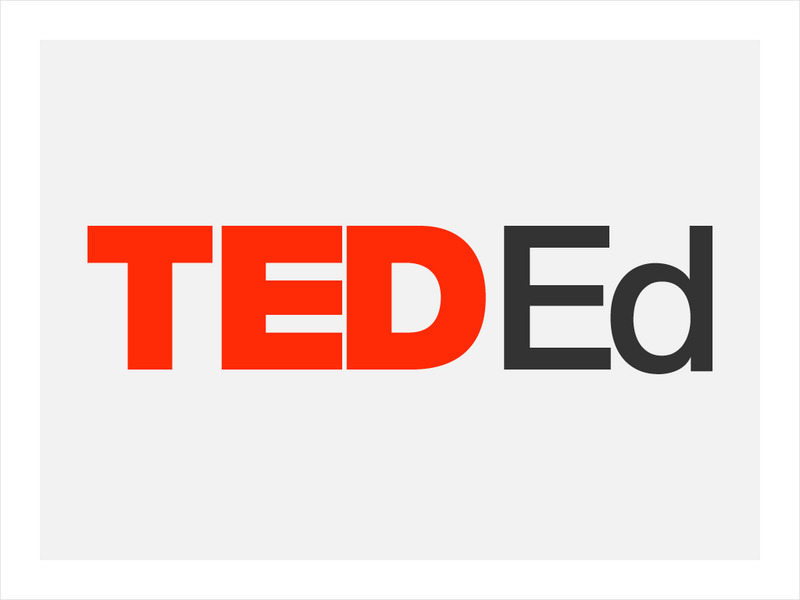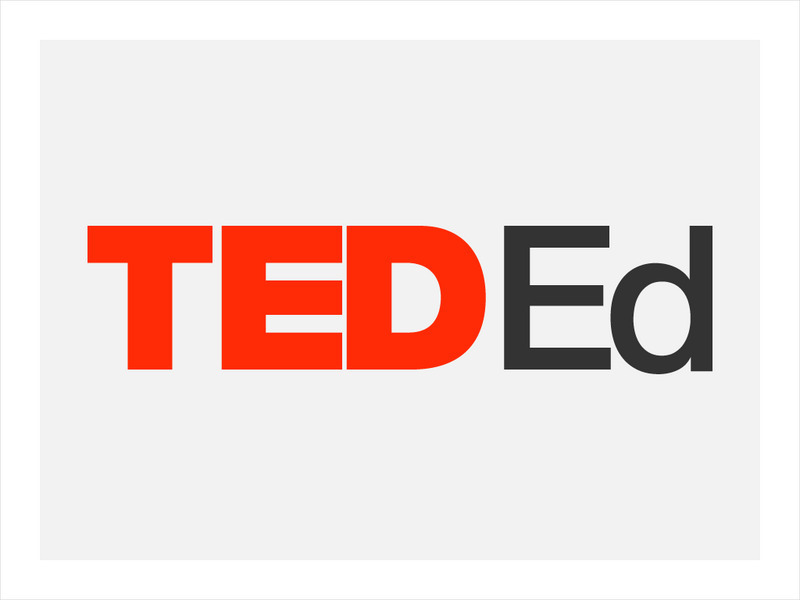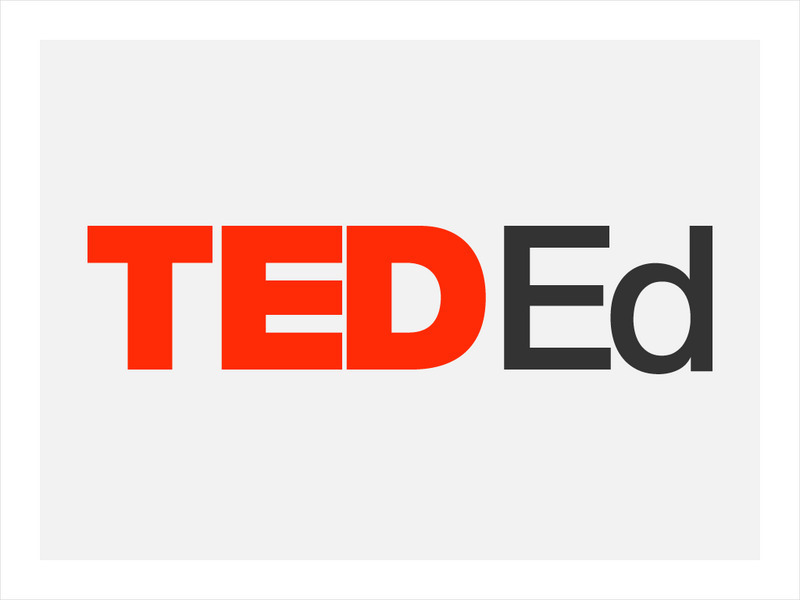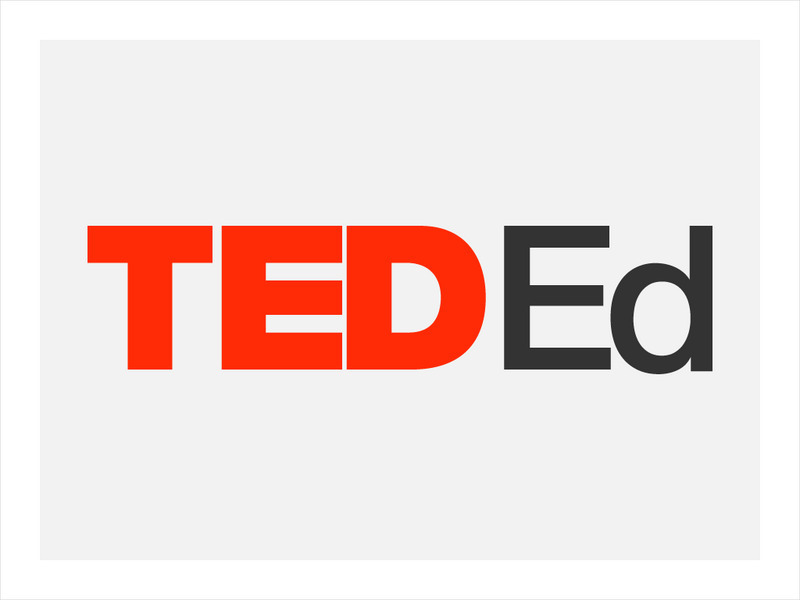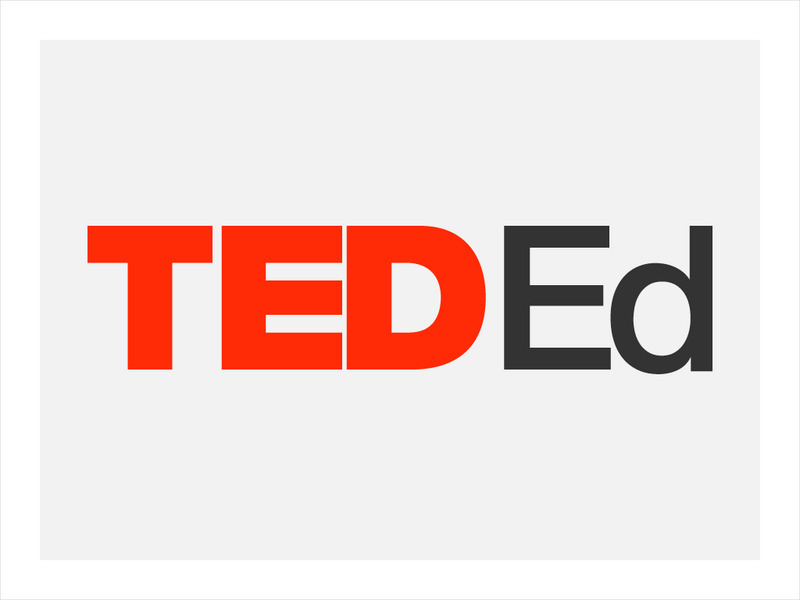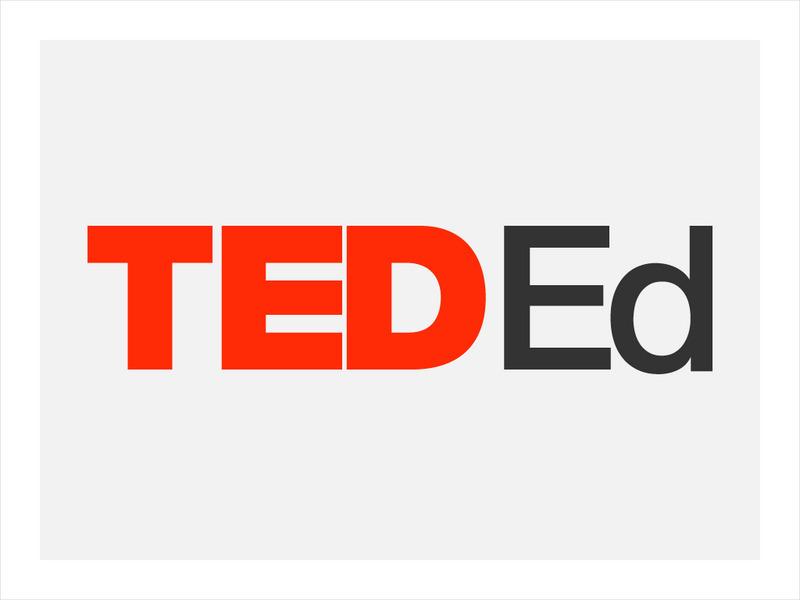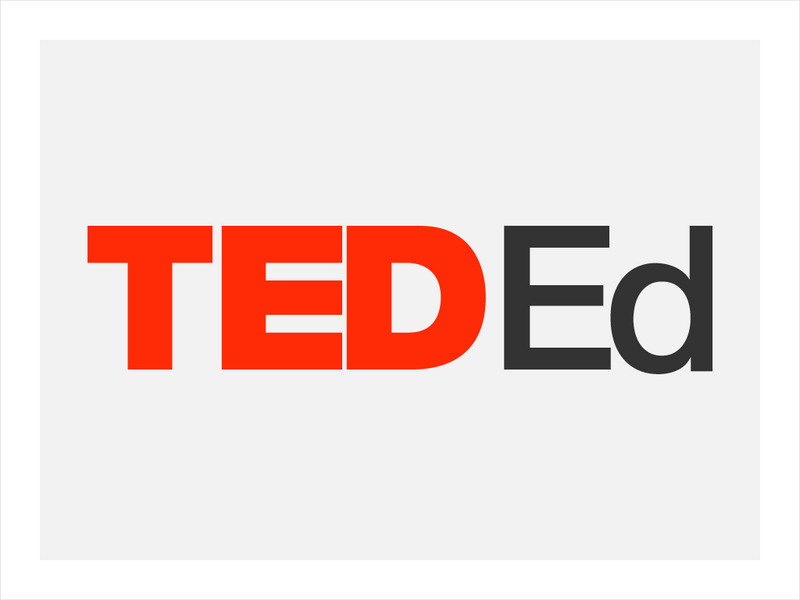TED Talks
Ted: Ted Ed: How a Wound Heals Itself
Our skin is the largest organ in our bodies, with a surface area of about 20 square feet in adults. When we are cut or wounded, our skin begins to repair itself through a complex, well-coordinated process. This learning module takes us...
TED Talks
Ted: Ted Ed: Why Do We Pass Gas?
Flatulence is a daily phenomenon. In fact, most human beings pass gas 10-20 times a day (yes, that includes you). Where does your bodily gas come from? This learning module takes us on a journey into the intestines, shedding light on how...
TED Talks
Ted: Ted Ed: What Did Dogs Teach Humans About Diabetes?
Diabetes has a history dating back to Ancient Greece. Our treatment of it, however, is more recent and was originally made possible with the help of man's best friend. Due to physiological traits shared with humans, dogs have saved...
TED Talks
Ted: Ted Ed: The Past, Present and Future of the Bubonic Plague
The bubonic plague, which killed around 1/5 of the world's population in the 14th century, is still around today -- but it now claims only a few thousand lives each year. How did that number shrink drastically? This learning module...
TED Talks
Ted: Ted Ed: How Optical Illusions Trick Your Brain
Optical illusions are images that seem to trick our minds into seeing something different from what they actually are. But how do they work? This learning module walks us through a few common optical illusions and explains what these...
TED Talks
Ted: Ted Ed: What Causes Antibiotic Resistance?
Right now, you are inhabited by trillions of microorganisms. Many of these bacteria are harmless (or even helpful!), but there are a few strains of 'super bacteria' that are pretty nasty -- and they're growing resistant to our...
TED Talks
Ted: Ted Ed: What Makes Tattoos Permanent?
The earliest recorded tattoo was found on a Peruvian mummy in 6,000 BC. That's some old ink! And considering humans lose roughly 40,000 skin cells per hour, how do these markings last? The following learning module details the different...
TED Talks
Ted: Ted Ed: How Does Your Brain Respond to Pain?
Everyone experiences pain -- but why do some people react to the same painful stimulus in different ways? And what exactly is pain, anyway? This learning module walks you through your brain on pain, illuminating why the "pain experience"...
TED Talks
Ted: Ted Ed: The Cancer Gene We All Have
Within every cell in our body, two copies of a tumor suppressor gene called BRCA1 are tasked with regulating the speed at which cells divide. This learning module explains how these genes can sometimes mutate, making those cells less...
TED Talks
Ted: Ted Ed: Cell vs. Virus: A Battle for Health
All living things are made of cells. In the human body, these highly efficient units are protected by layer upon layer of defense against icky invaders like the cold virus. This learning module takes a journey into the cell, introducing...
TED Talks
Ted: Ted Ed: Why Do We Cry?
Whether we cry during a sad movie, while chopping onions, or completely involuntarily, our eyes are constantly producing tears. This learning module tracks a particularly watery day in the life of Iris (the iris) as she cycles through...
TED Talks
Ted: Ted Ed: The Mystery of Motion Sickness
Although one third of the population suffers from motion sickness, scientists aren't exactly sure what causes it. Like the common cold, it's a seemingly simple problem that's still without a cure. And if you think it's bad on a long...
TED Talks
Ted: Ted Ed: How Do We Smell?
An adult human can distinguish up to 10,000 odors. You use your nose to figure out what to eat, what to buy and even when it's time to take a shower. But how do the molecules in the air get translated into smells in your brain? This...
TED Talks
Ted: Ted Ed: How to Sequence the Human Genome
Your genome, every human's genome, consists of a unique DNA sequence of A's, T's, C's and G's that tell your cells how to operate. Thanks to technological advances, scientists are now able to know the sequence of letters that makes up an...
TED Talks
Ted: Ted Ed: Why Is Yawning Contagious?
*Yaaawwwwwn* Did just reading the word make you feel like yawning yourself? Known as contagious yawning, the reasons behind this phenomenon have been attributed to both the physiological and psychological. It's been observed in children...
TED Talks
Ted: Ted Ed: What Are Stem Cells?
Is personalized medicine for individual bodies in our future? Possibly -- with the use of stem cells, undifferentiated cells with the power to become any tissue in our bodies. The following learning module describes the role of these...
TED Talks
Ted: Ted Ed: Rn Ai: Slicing, Dicing and Serving Your Cells
RNA, the genetic messenger, makes sure the DNA recipe gives your cells exactly what they ordered. But sometimes that means inhibiting some other RNA that got the recipe wrong. This process is called RNA interference (RNAi), and it acts...
TED Talks
Ted: Ted Ed: Why Do We Have to Wear Sunscreen?
You already know that a trip to the beach can give you a nasty sunburn, but the nitty gritty of sun safety is actually much more complex. Wrinkle-causing UVA rays and burn-inducing UVB's can pose a serious risk to your health (and good...
TED Talks
Ted: Ted Ed: How We See Color
There are three types of color receptors in your eye: red, green and blue. But how do we see the amazing kaleidoscope of other colors that make up our world? The following learning module explains how humans can see everything from...
TED Talks
Ted: Ted Ed: You Are Your Microbes
From the microbes in our stomachs to the ones on our teeth, we are homes to millions of unique and diverse communities which help our bodies function. The following learning module emphasizes the importance of understanding the many...
TED Talks
Ted: Ted Ed: The Chemistry of Cold Packs
If you stick water in the freezer, it will take a few hours to freeze into ice. How is it, then, that cold packs go from room temperature to near freezing in mere seconds? John Pollard details the chemistry of the cold pack, shedding...
TED Talks
Ted: Ted Ed: Martin Luther King, Jr.: "I Have a Dream"
On August 28, 1963, Dr. Martin Luther King, Jr. delivered a speech to hundreds of thousands of Americans at what is known as the March on Washington. This now-famous speech was both an apex and catalyst for the Civil Rights Movement in...
TED Talks
Ted: Ted Ed: How the Heart Actually Pumps Blood
For most of history, scientists weren't quite sure why our hearts were beating or even what purpose they served. Eventually, we realized that these thumping organs serve the vital task of pumping clean blood throughout the body. But how?...
TED Talks
Ted: Ted Ed: How Do Vitamins Work?
Vitamins are the building blocks that keep our bodies running; they help build muscle and bone, capture energy, heal wounds and more. But if our body doesn't create vitamins, how do they get into our system? The following learning module...





